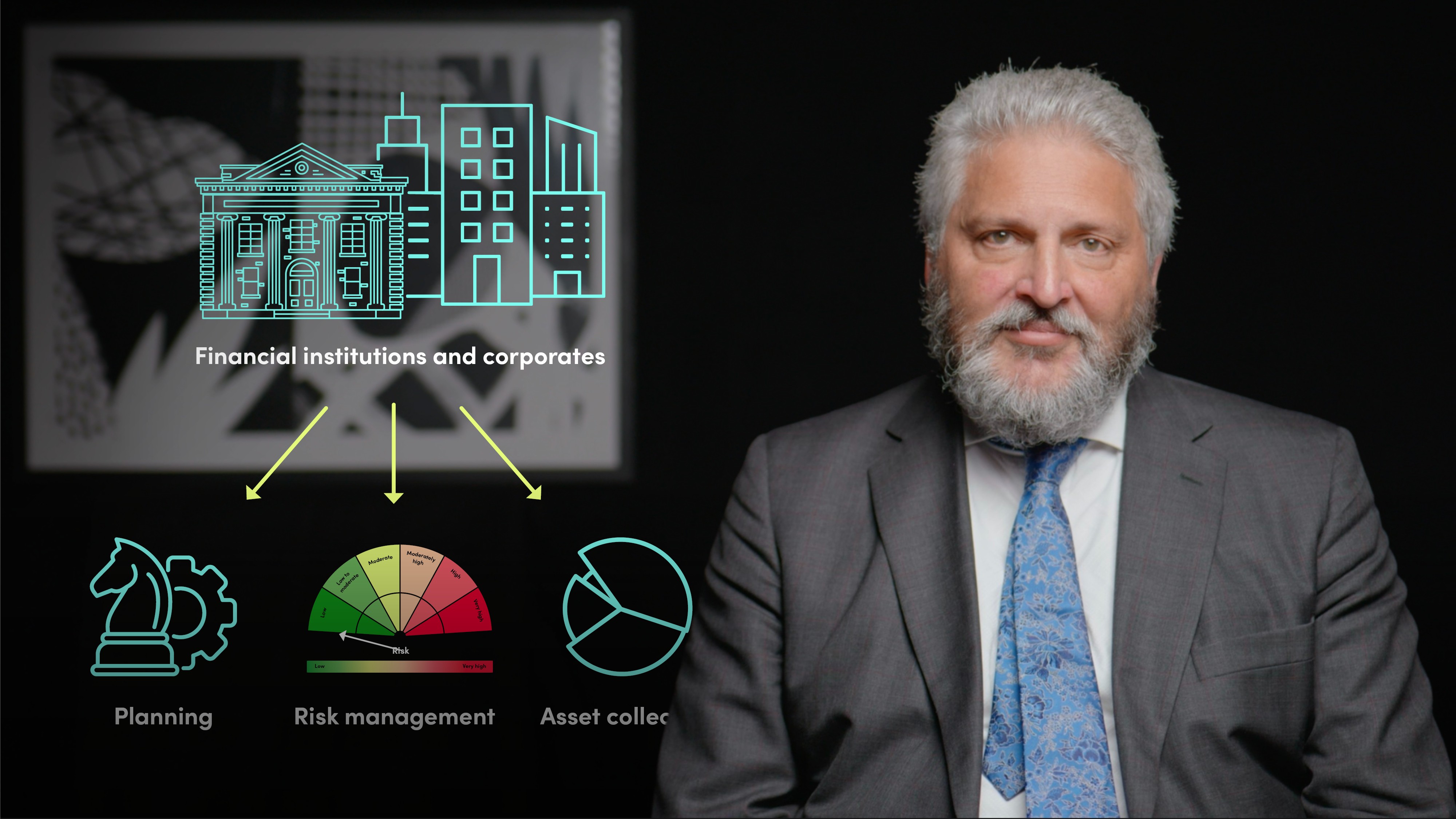
Introduction to the TNFD

Keith Mullin
35 years: Capital markets editorial
In this video, Keith explains the TNFD and its mission to deliver a risk management and disclosure framework to help organisations report nature-related risks. He covers the TNFD's definition of nature-related risks, the concept of nature-related opportunities, and the TNFD's goal to shift financial flows towards nature-positive outcomes. He also provides a brief overview of the TNFD's recommended disclosures, its core components, and its comparison to other standards and reporting initiatives, such as the TCFD, CDP, SASB and GRI.
In this video, Keith explains the TNFD and its mission to deliver a risk management and disclosure framework to help organisations report nature-related risks. He covers the TNFD's definition of nature-related risks, the concept of nature-related opportunities, and the TNFD's goal to shift financial flows towards nature-positive outcomes. He also provides a brief overview of the TNFD's recommended disclosures, its core components, and its comparison to other standards and reporting initiatives, such as the TCFD, CDP, SASB and GRI.
Subscribe to watch
Access this and all of the content on our platform by signing up for a 7-day free trial.

Introduction to the TNFD
8 mins 11 secs
Key learning objectives:
Outline what the Taskforce on Nature-related Financial Disclosures is
Understand the TNFD’s proposed recommendations
Outline how the TNFD differs from the other reporting initiatives
Overview:
The Taskforce on Nature-related Financial Disclosures, TNFD, was established to deliver a risk management and disclosure framework to enable organisations to report nature-related risks. This is due to the fact that more than half of the world’s economic output is moderately or highly dependent on nature. Similar to the TCFD, the TNFD will issue disclosure recommendations rather than standards.
Subscribe to watch
Access this and all of the content on our platform by signing up for a 7-day free trial.
What is the Taskforce on Nature-related Financial Disclosures (TNFD)?
Convened in June 2021, the TNFD is aiming to deliver a risk management and disclosure framework to enable organisations to report nature-related risks, with the intention of shifting financial flows to ‘nature-positive outcomes’. It believes better information will allow financial institutions and companies to incorporate nature-related risks and opportunities into their planning, risk management and asset allocation.
Nature-related risks are defined as: “potential threats posed to an organisation linked to its and other organisations’ dependencies on nature and nature impacts. These can derive from physical, transition and systemic risks”.
Whereas nature-related opportunities are defined as: “activities that create positive outcomes for organisations and nature by avoiding or reducing impact on nature or contributing to its restoration”.
The Taskforce itself has 34 individual members from financial institutions, corporates and service providers with almost $20tn in assets.
What are the TNFD’s proposed recommendations?
The TNFD’s proposed disclosure recommendations have been designed to align with the TCFD recommendations on financial disclosure and builds on them. They will have the same pillars; governance, strategy, risk management and metrics and targets. They have come up with 12 recommended disclosures across the four pillars, which can be seen in the video.
The four core pillars are structured around seven principles:
1. Market usability
2. Science-based
3. Embrace nature-related risks
4. Purpose driven and will target reducing risks and increasing nature-positive action by using the minimum required level of granularity to ensure the TNFD goals are achieved
5. Integrated & Adaptive, building effective measurement and reporting frameworks that can be integrated into existing disclosures and other standards
6. It will build a Climate-Nature Nexus i.e. an integrated approach to climate and nature-related risks, scaling up finance for nature-based solutions
7. Globally Inclusive
The TNFD’s final recommendations are due for publication in September 2023.
How does the TNFD compare to the other reporting initiatives?
TNFD and TCFD will have a very similar feel; structure, process, language and organisations involved are similar. The focus is different however, with the TNFD focusing on nature and the TCFD on climate.
The CDP, SASB and GRI are all supporting the development of the TNFD framework. However all three are reporting standards initiatives, whereas the TNFD will be recommendations.
Subscribe to watch
Access this and all of the content on our platform by signing up for a 7-day free trial.

Keith Mullin
There are no available Videos from "Keith Mullin"





























